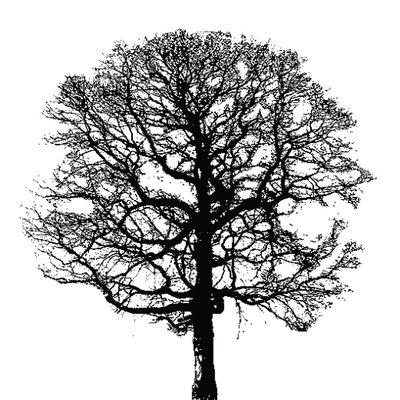DIVIDE, RULE AND PROFIT: THE INTERSECTIONAL IMPACT RACKET – Winter Oak

(Editors Note: This article by Winter Oak does a great job of critiquing intersectionality from a left-populist perspective)
This is a summary and exploration of the news covered here: https://winteroak.org.uk/2021/04/22/divide-rule-and-profit-the-intersectional-impact-racket/
As society continues to evolve, so too do the ways in which we approach issues of inequality and oppression. One approach that has gained significant traction in recent years is intersectionality, which acknowledges that people experience oppression in unique ways that are shaped by their various identities and social positions.
While the intention behind intersectionality is to highlight these nuanced experiences and bring attention to marginalized voices, there is a danger in the ways it can be co-opted and exploited for profit. This is where the concept of the “intersectional impact racket” comes into play.
The intersectional impact racket refers to the tendency for certain organizations and individuals to profit off of the very issues they claim to be fighting against. This can manifest in a number of ways, from selling diversity and inclusion training programs to corporations, to charging exorbitant fees for speaking engagements or consulting services.
One of the key issues with this approach is that it often ends up reinforcing the very systems of oppression it claims to be challenging. By commodifying and monetizing issues of inequality, those in power are able to maintain the status quo while appearing to be “doing something” about the problem.
Moreover, the intersectional impact racket can also lead to a homogenization of issues and experiences. By reducing complex issues to a checklist of identities and oppressions, we run the risk of erasing the unique experiences and perspectives of individuals and communities.
So how can we avoid falling into the intersectional impact racket? One key step is to prioritize the voices and experiences of those who are most impacted by oppression. This means centering the perspectives of marginalized communities and investing in grassroots movements rather than relying on top-down solutions.
Another important step is to engage in critical self-reflection and examine our own relationships to power and privilege. This requires recognizing the ways in which we may unintentionally perpetuate systems of oppression, and actively working to dismantle them.
Ultimately, the intersectional impact racket serves as a reminder that the fight for justice and equality is an ongoing process that requires constant vigilance and reflection. By remaining mindful of the ways in which our actions and words can perpetuate inequality, we can work towards a more just and equitable world for all.
